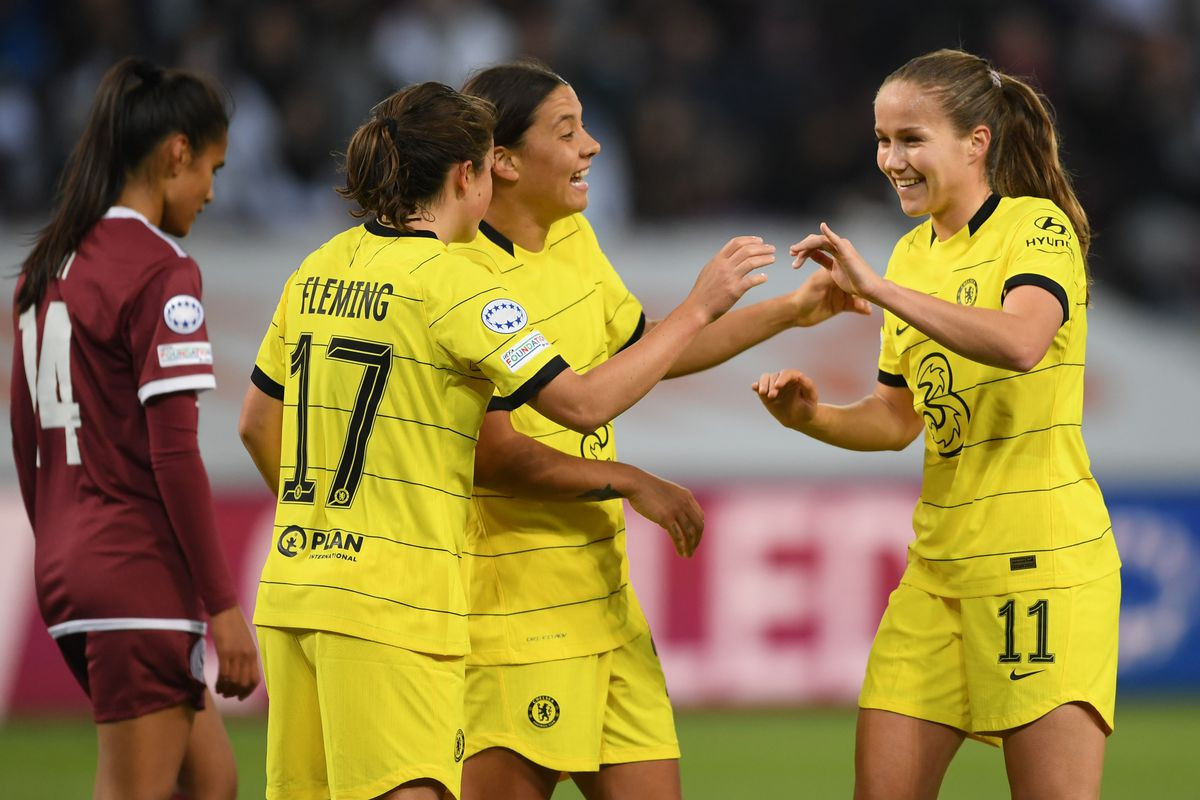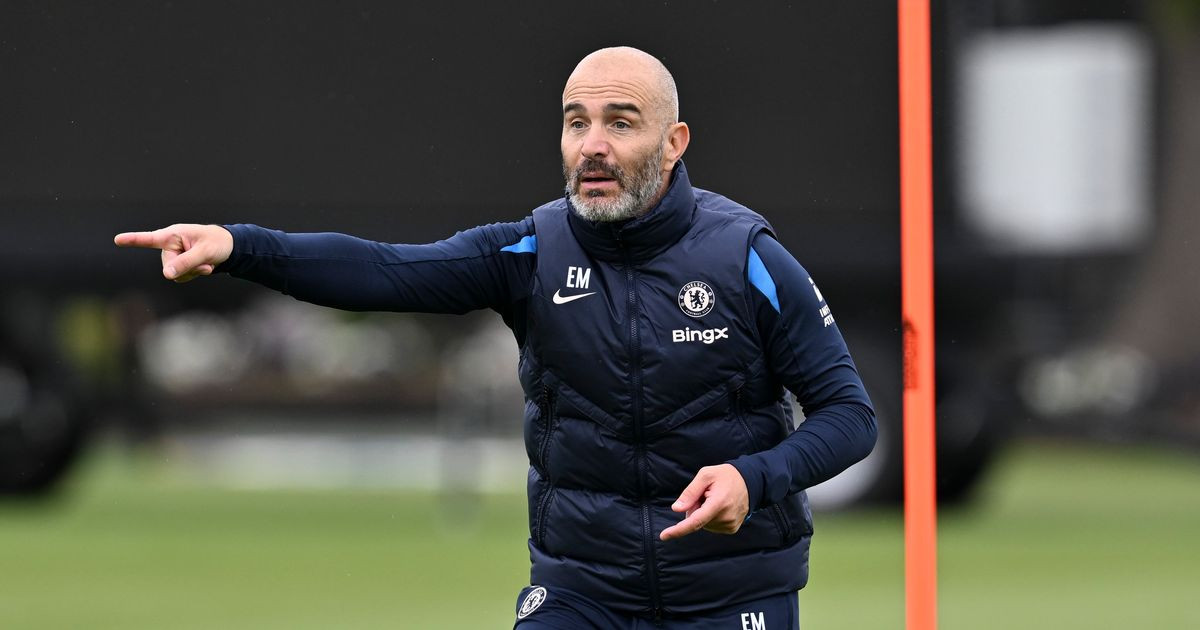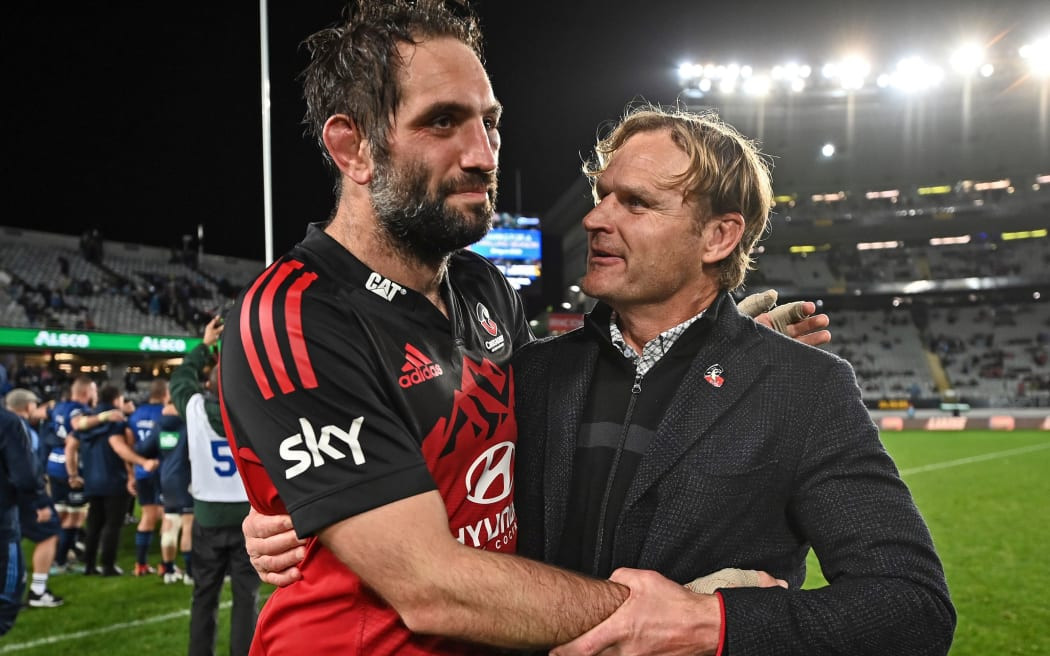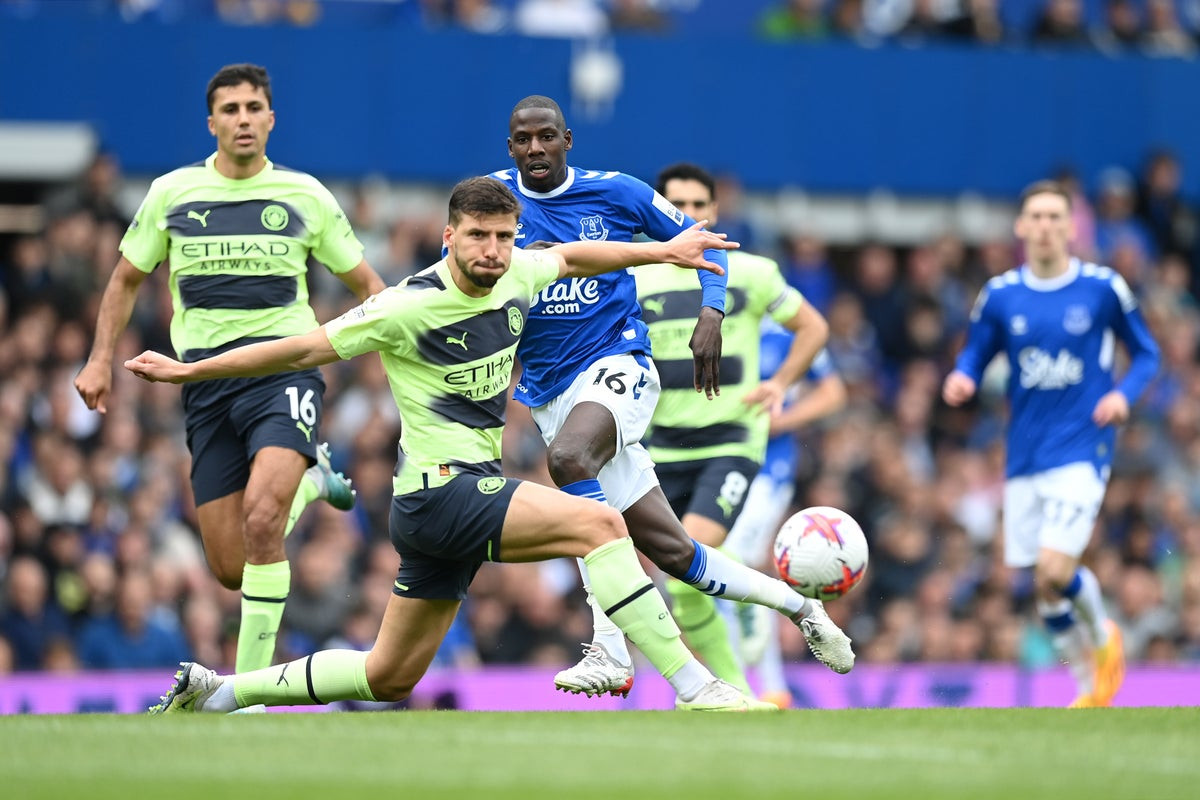Chelsea marked their return to European competition with a 2-0 victory over Servette in the first leg of the UEFA Europa Conference League play-off. Christopher Nkunku put the Blues ahead at Stamford Bridge, converting a penalty he earned himself before substitute Noni Madueke sealed the win with a composed finish. Chelsea will head to Switzerland next week for the return leg, hoping to secure their spot in the group stage.
After a disappointing loss to Manchester City in their Premier League opener, Chelsea relieved some early-season pressure with their first victory. There’s always added tension in the early stages of a season, especially before securing that initial goal and win, both of which Chelsea achieved on Thursday. This result could prove vital in helping a young squad build confidence and momentum as they continue their campaign.
Supporters had been clamoring for the young Danish goalkeeper Filip Jorgensen to get a shot between the sticks after underwhelming performances from Robert Sanchez. Jorgensen, formerly of Villarreal, looked composed throughout, impressing with his passing and decision-making. He provided a sense of calm that fans have been missing, something Sanchez struggled to deliver due to his error-prone play. Jorgensen wasn’t merely a passenger either—he was called upon to make crucial saves, particularly in injury time. His performance should be enough to earn him a starting spot against Wolves. However, that will pose a different test, with the game being away against Premier League opposition.
Chelsea's Performance: What Went Right and What Needs Improvement
Ukrainian international Mykhailo Mudryk has often appeared peripheral in matches, as though he waits for the ball to come to him rather than seeking involvement. However, Thursday’s match marked a shift in his approach. Mudryk actively looked to get on the ball, with teammates feeding him more passes than usual. Although his final product was inconsistent, Maresca can be encouraged by his overall performance.
Rather than rallying behind the young team and their new manager, a section of the home crowd chose to boo and chant the names of former players no longer with the club. Instead of serving as the team’s “12th man,” some fans created a hostile atmosphere, making it more difficult for the players on the pitch. While frustration with board decisions is understandable, directing that anger at players who are giving their all for the club seems misplaced. It would benefit everyone if the focus shifted back to supporting the squad for the full 90 minutes.
Maresca’s lineup raised eyebrows, even considering the factors of fitness and availability. Starting Axel Disasi at right-back for his first minutes of the season seemed a risky move. Additionally, Cole Palmer, arguably Chelsea’s best player, was shifted into a striker role in the second half, which diminished his impact. Misprofiling players before the squad has had time to gel is reminiscent of the issues under Mauricio Pochettino, which cost Chelsea points early last season.
The Need for Improved Decision-Making
One of Chelsea’s long-standing issues has been the tendency for players to make poor decisions in key moments. The team often executes everything perfectly until the final action—whether it’s a pass, cross, or shot—that lets them down. Against Servette, Mykhailo Mudryk had a great chance to open the scoring but opted for a weak shot that missed the near post when aiming for the far post would have been a better choice. He also wasted a promising opportunity when he mishit a cross toward the edge of the box instead of delivering it to his teammates near the six-yard line. Marc Guiu similarly fluffed a golden chance after pressing an out-of-position Servette goalkeeper, Jeremy Frick. Guiu’s poor decision-making led to a tame shot that made it easy for the keeper. These frustrating moments underscore a deeper issue: while many players look fantastic in training ground videos or compilations, they struggle to deliver in matches—exceptions being Cole Palmer and Christopher Nkunku.
Defensive Flaws: Old Problems Resurface
Some defensive struggles can be attributed to unfamiliarity among teammates, as there were several moments when players were seen shouting instructions to one another. But familiar issues from past seasons also resurfaced, such as players opting for back passes instead of forward ones when an opportunity to progress the ball was available. When forward passes were attempted, they were often either overhit or underhit, immediately putting Chelsea on the back foot. Servette could have easily scored a couple of goals, largely due to Chelsea’s own mistakes. Servette’s players were able to dispossess Chelsea on multiple occasions, taking advantage of their opponents’ lack of awareness. Misplaced passes were a recurring issue, especially from Benoît Badiashile, who seems incapable of finishing a game without gifting the opposition at least one clear scoring opportunity.
Looking Ahead: The Road to Geneva
Despite the victory, there’s much for Chelsea to work on before their trip to Geneva for the second leg. The team needs to improve their decision-making in the final third and rediscover the defensive solidity that characterized their recent history. If they can address these weaknesses, Chelsea should be confident of securing their place in the Conference League group stage.
feed
© 2024 Minute Media - All Rights Reserved. The content on this site is for entertainment and educational purposes only. All betting content is intended for an audience ages 21+. All advice, including picks and predictions, is based on individual commentators’ opinions and not that of Minute Media or its related brands. All picks and predictions are suggestions only. No one should expect to make money from the picks and predictions discussed on this website. For more information, please read our Legal Disclaimer. If you or someone you know has a gambling problem, call 1-800-GAMBLER.

















